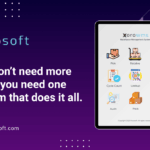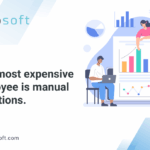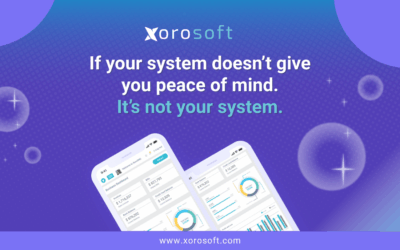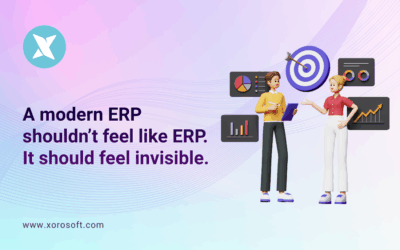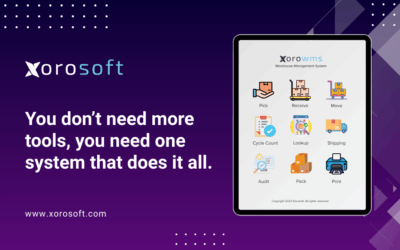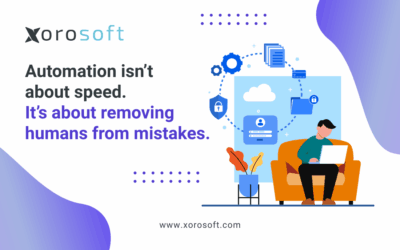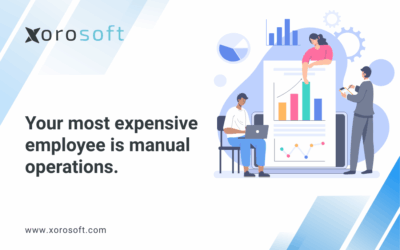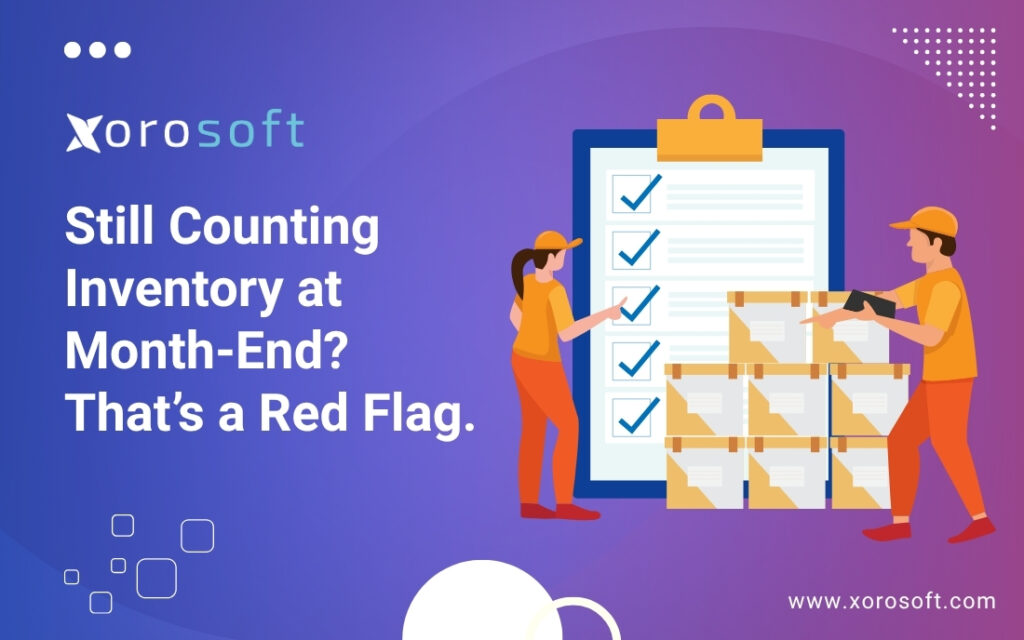
You Can’t Scale If You’re Still Doing Manual Inventory Counting
If your team still blocks off the last few days of every month for manual inventory counting, it’s a signal that something isn’t right. This isn’t just a boring routine—it’s a red flag waving at your operations.
You may have accepted it as “just part of the job,” but in reality, it’s a sign your system can’t keep up. And if your staff is still correcting spreadsheets, tracing paper trails, or walking the aisles with a clipboard—you’re not managing inventory. You’re scrambling to catch up with it.
That’s not sustainable—and it’s definitely not scalable.
The True Cost of Manual Inventory Counting
At first glance, manual inventory counting seems harmless. However, it silently creates operational drag, month after month.
Let’s look deeper:
-
Fulfillment gets delayed while staff confirms what’s actually in stock.
-
Finance teams can’t close books until the physical count is done.
-
Hours are lost to a process that should be automated.
-
Procurement becomes guesswork, leading to overstock or shortages.
-
Employees burn out, especially when called in for late-night counts.
These aren’t minor issues. They create real business risk. And unfortunately, they’re often accepted as the “cost of doing business.”
But they shouldn’t be.
What’s Causing This Problem?
The root issue isn’t your staff or your process. It’s the tools you’re using.
Most businesses rely on disconnected systems like:
-
Spreadsheets for inventory tracking
-
QuickBooks for accounting
-
A third-party warehouse tool
-
A shipping platform that doesn’t sync
Naturally, this fragmentation leads to poor visibility. When your data is scattered across platforms that don’t talk to each other, you’re forced to manually reconcile everything—especially your inventory.
That’s why so many companies default to manual inventory counting. It’s not because they want to. It’s because their system gives them no other choice.
There’s a Better Way: Real-Time Inventory Visibility
Forward-thinking companies have made the shift.
Instead of reacting to errors at month-end, they prevent them in real time. How? By switching to an integrated ERP system that consolidates inventory, accounting, purchasing, and fulfillment into a single platform.
With this change, businesses unlock:
-
Live inventory updates across all locations and channels
-
Cycle counting workflows, so no more warehouse shutdowns
-
Automated stock adjustments, synced with sales, returns, and transfers
-
Accurate procurement planning, based on real data—not estimates
-
Team-wide transparency, so operations, finance, and sales stay aligned
The result? You move faster, with more confidence—and a lot less chaos.
How Xorosoft Makes Manual Inventory Counting Obsolete
Xorosoft ERP is built specifically for fast-scaling operations. Whether you’re a manufacturer, distributor, or eCommerce brand, Xorosoft gives you the clarity and control your legacy tools can’t.
Here’s what makes it stand out:
-
Real-time inventory visibility across warehouses, channels, and SKUs
-
A robust built-in WMS—no extra add-ons required
-
Direct integrations with Shopify, Amazon, EDI, and 3PLs
-
Cloud-native architecture—access from anywhere
-
Smart automation across inventory, procurement, and accounting
It’s more than inventory software—it’s a full operational upgrade.
📎 Learn more about how it works:


